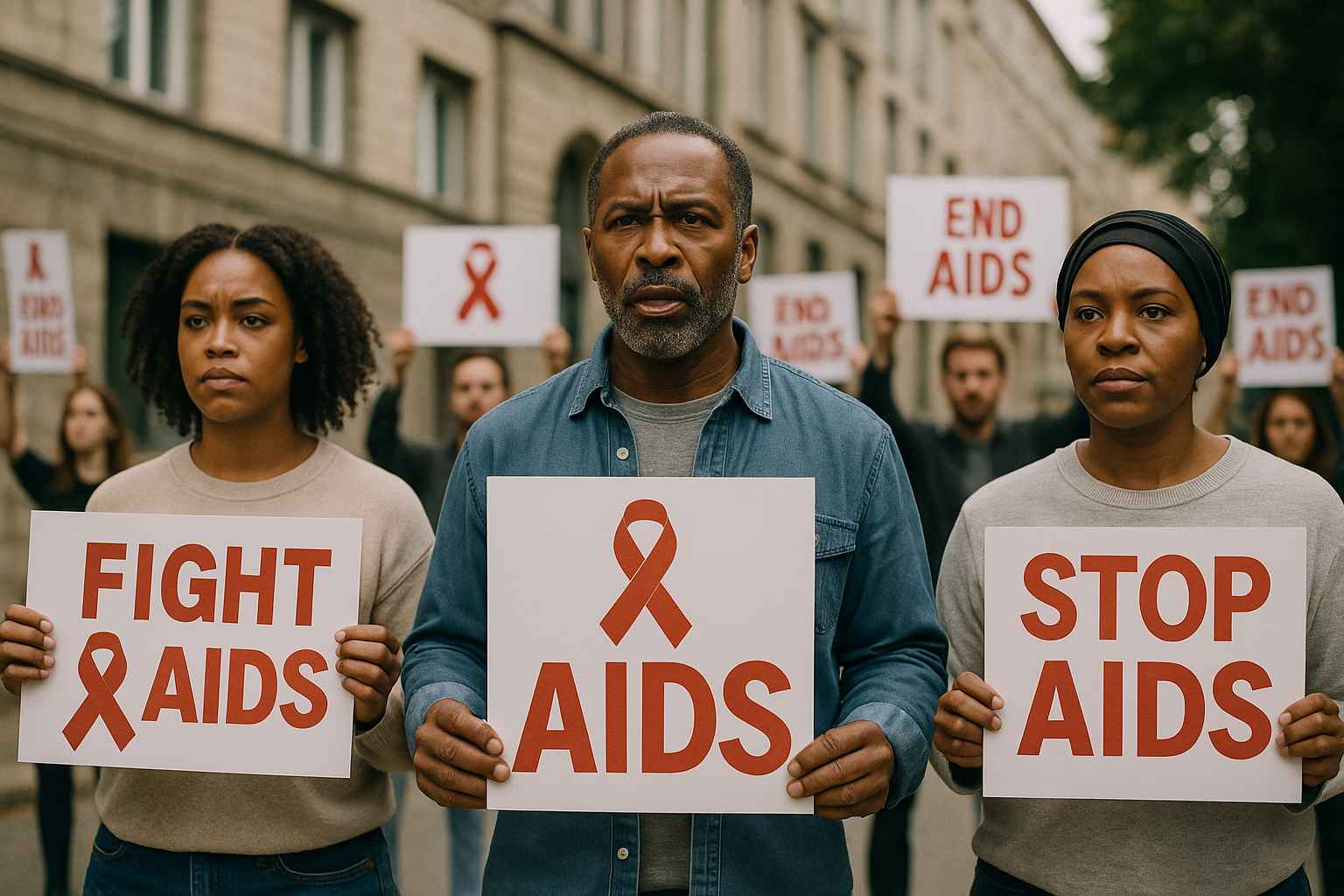When it comes to battling the global HIV/AIDS epidemic, AIDs foundations play a pivotal role. From funding life-saving treatment to raising awareness and challenging stigma, these organizations work tirelessly to change lives. But how exactly do they operate, and what impact have they made in the fight against AIDS?
Table of Contents
- What Are AIDs Foundations?
- Key Global and U.S.-Based AIDs Foundations
- How AIDs Foundations Support Communities
- Why Their Work Still Matters Today
- Conclusion
- FAQs
What Are AIDs Foundations?
AIDs foundations are nonprofit organizations dedicated to combating the spread of HIV and supporting people living with AIDS. They focus on a variety of efforts including research funding, public education, policy advocacy, and direct care services. Some foundations operate globally, while others focus on specific communities or countries.
These organizations often bridge gaps left by government and healthcare systems, providing access to testing, antiretroviral therapy, and counseling. In many areas, they are the first line of support for marginalized communities that face the highest risk.
Key Global and U.S.-Based AIDs Foundations
Several notable AIDs foundations have made significant contributions over the years. The Elton John AIDS Foundation, founded in 1992, has raised over $600 million to support programs in more than 90 countries. Similarly, the Foundation for AIDS Research (amfAR) has funded cutting-edge research aimed at finding a cure.
In the U.S., organizations like the Ryan White HIV/AIDS Program have transformed access to care for low-income individuals. These foundations often work with local partners and community health centers to deliver services where they are most needed.
Additionally, digital advocacy groups supported by eHealthcare Solutions have been instrumental in promoting education and awareness online, reaching audiences across platforms.
How AIDs Foundations Support Communities
Support from AIDs foundations comes in many forms. One of their most vital roles is funding research for vaccines and new treatments. Beyond science, they also provide hands-on services like mobile testing units, condom distribution, needle exchange programs, and housing support for people living with HIV.
These foundations also combat stigma, which remains one of the largest barriers to testing and treatment. Through storytelling, public health campaigns, and collaboration with influencers, they bring humanity to the headlines.
Many also advocate for policy change. Foundations often lobby for expanded healthcare access, inclusion of LGBTQ+ health concerns, and international funding commitments. Without their voices, many crucial issues would be overlooked or underfunded.
Why Their Work Still Matters Today
Even with medical advances, HIV remains a global health crisis. Nearly 39 million people were living with HIV worldwide in 2022, and about 1.3 million new infections occurred that year. While access to treatment has improved, disparities persist—especially in low-income countries and among minority populations.
AIDs foundations continue to fill these gaps, ensuring that no one is left behind. Whether by supporting indigenous communities, funding research into long-acting injectables, or responding to emergencies like the COVID-19 pandemic, their adaptability is key to sustained progress.
If you’re looking for ways to support or get help, Healthcare.pro offers tools to connect you with qualified professionals and resources in your area.
Conclusion
AIDs foundations have been instrumental in transforming HIV from a death sentence into a manageable condition. Their dedication to equity, education, and innovation makes them essential players in public health. As the world continues to evolve, so must our support for these organizations—because the fight against AIDS is far from over.
FAQs
What is the main goal of an AIDs foundation?
The primary goal is to prevent HIV transmission, support those living with the virus, and fund research toward a cure.
How can I donate to a reputable AIDs foundation?
You can visit websites like amfAR or EJAF to contribute directly and safely online.
Do AIDs foundations only work in the U.S.?
No, many operate globally, focusing on countries where HIV rates are high and healthcare access is limited.
Can I volunteer for an AIDs foundation?
Yes. Many organizations offer volunteer opportunities, including outreach, fundraising, and administrative roles.
Where can I find HIV testing or support?
Visit Healthcare.pro to locate clinics and providers near you.
This content is not medical advice. For any health issues, always consult a healthcare professional. In an emergency, call 911 or your local emergency services.
metaDescriptionseoTitlefocusKeyword




